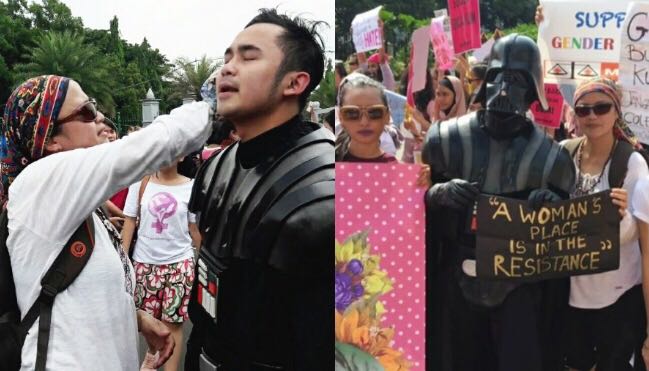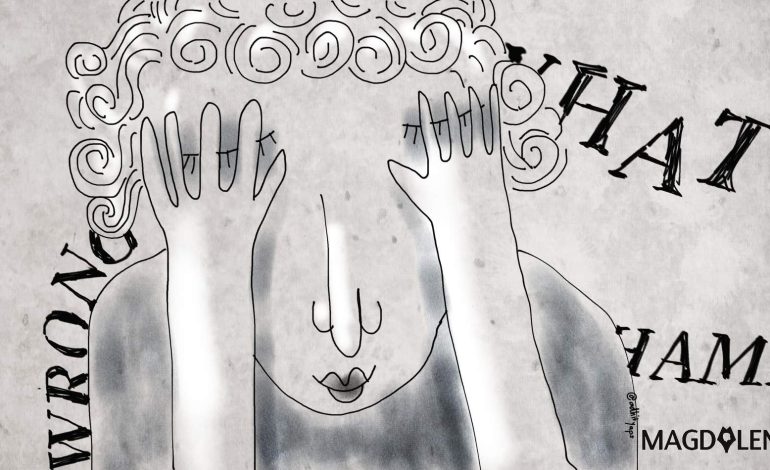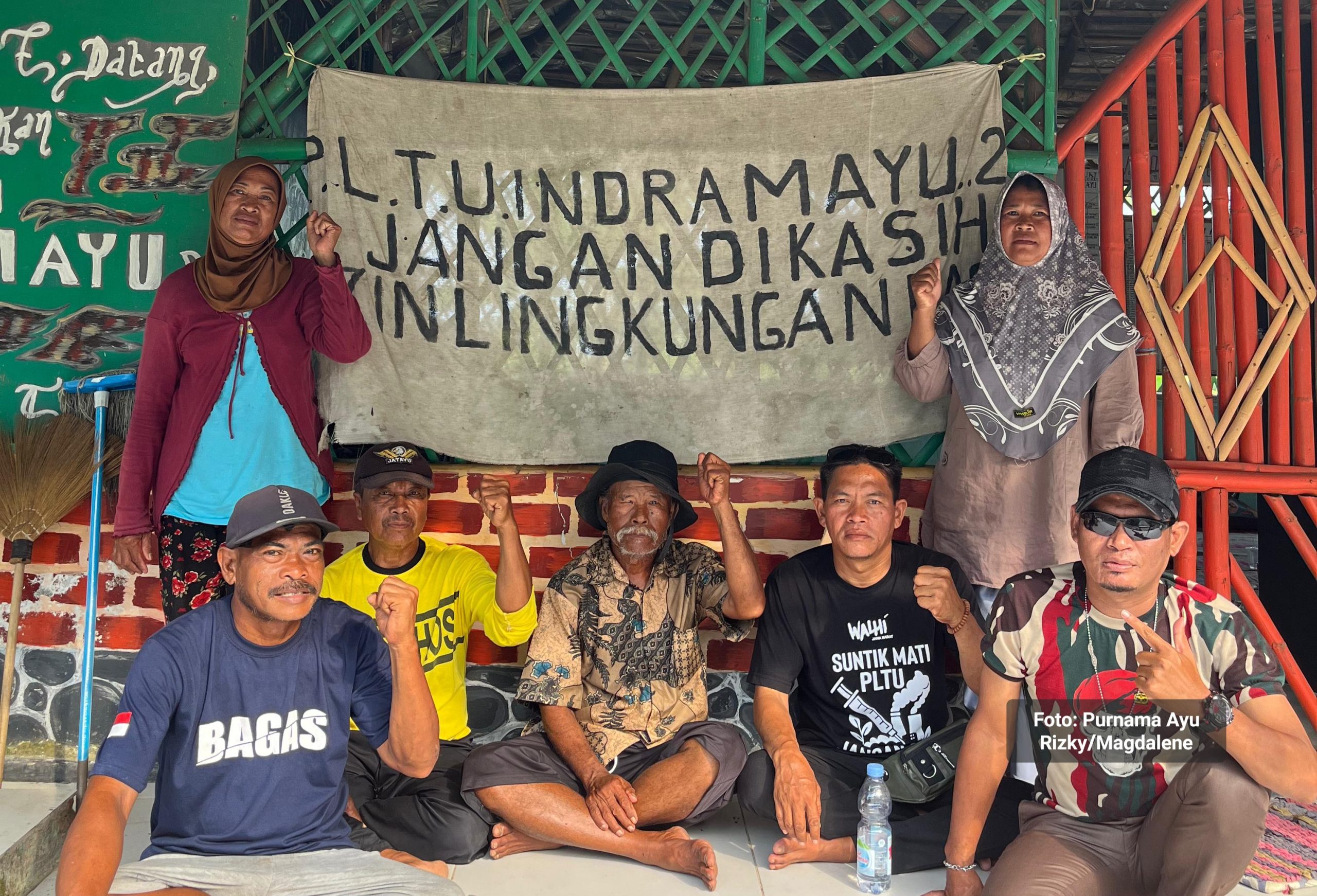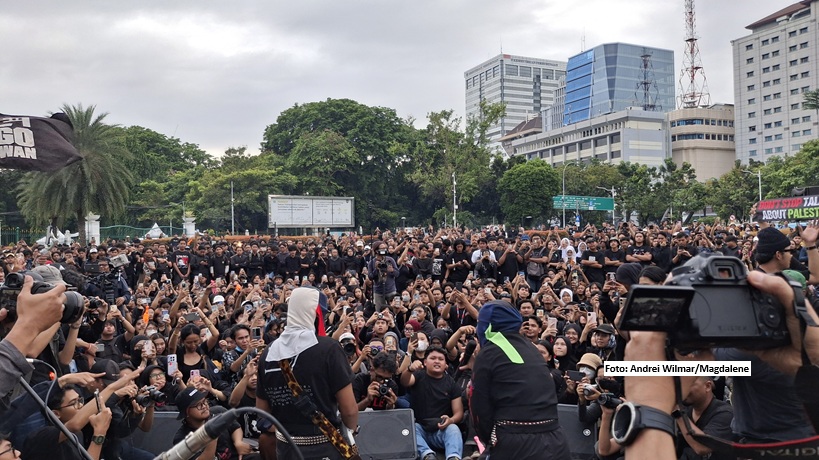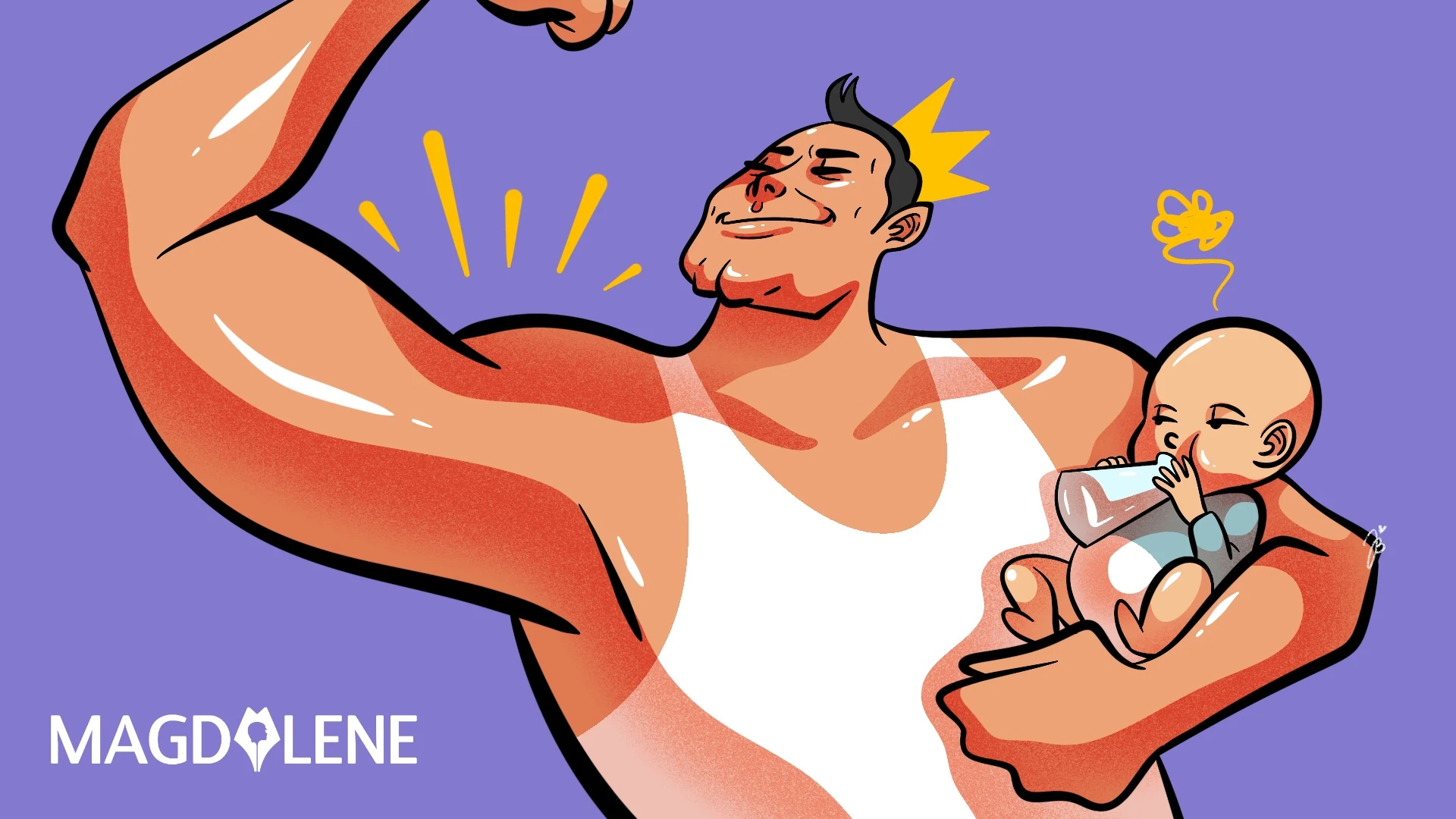On Nerd Culture and Pseudo-Pedophilia
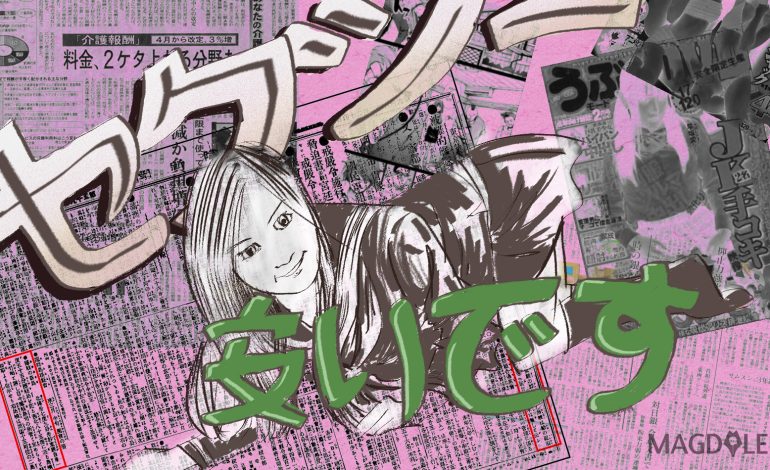
In March 2017, a group for child molesters on Facebook was uncovered and some of the account’s administrators were arrested. They were in their twenties. The news of the so-called “online pedophilia network” made national headlines.
Parents (more mothers than fathers, sadly) tipped each other not to post children’s photos to social media liberally. Although some feminists were instrumental in exposing the group to the police, television spotlight was given to a homophobic quack while the feminists were dismissed as “emak-emak” (they re-appropriated the label with pride).
Indonesians, like many other societies, still often confuse three different groups: pedophiles, child molesters, and gay men. Many people presume that gay men would molest boys, and the global image of a “pedophile” is an old man who stalks or seduces boys and girls. Some feminists ask others, when discussing this case, to understand the difference between pedophiles and child molesters.
Put it simply, pedophiles suffer from a disorder that makes them sexually attracted to prepubescent children (under 13 years old), and it is a disorder diagnosed by a psychiatrist. Child molesters, meanwhile, are people who sexually abuse a child to gain gratification. Progressives argue that adults who legally marry a child or teenager are also child molesters, since the youth is not mature enough to be legally competent to consent to sexual acts.
When perusing the screenshots taken from the Loli Candy (or similarly named) Facebook group, several feminists were unsettled by the banality of the members (many seemed to discuss children as if they were discussing comic characters), and it seemed that many of them were into anime and video games, judging from their profile pictures and reference points. Some feminists commented that “loli” is a fetish prevalent in anime, in which a child-looking female character is eroticized through dialogue and voice acting, camera focus, and storyline.
Loli, or Lolicon (Lolita Complex) obviously refers to Vladimir Nabokov’s novel Lolita. In Japan, the “complex” refers to the paraphilia – sexual deviation – while in abbreviation (“loli”) it’s often used to refer to someone with the paraphilia.
Modern eroticization of girls in anime had begun since the 1980s, and by 2010s it has become mainstream. Now it seems difficult to find an anime in which adult women are drawn and characterized as mature women, while so many franchises prefer to draw teenage characters (14-18 years old) as little girls. It is a reason I’ve given up anime, and most Japanese video games as well.
Subcultures spread worldwide in a flash in this decade, and in Indonesia we’ve also seen young people adapt more progressive as well as more toxic worldviews. An image of one of the participants of the Women’s March Jakarta, Dea Safira Basori, was posted in a Facebook group dealing with memes, and many commenters thought that she was a teenage girl. The word “loli” popped up again and again. When she confronted them, some became defensive and either tried to debate her (accusing her of being irrational) or argued that the real world is too harsh for her feminism.
Some others went even lower pretending ignorance to the point of replying in Romanized Japanese. Again, these kinds of guys tend to use anime girls as profile pictures. American feminists and progressives are familiar with these “anime avatar” types, normally the random Trump supporters who attack them, hiding behind anime characters as their profile pictures.
I rather think that the Indonesian men, usually in their 20s (or younger), are not pedophiles. Again, only a psychiatrist who have examine them can make that diagnosis. I really wish that they are not child molesters, although they are at risk of becoming one. So, for now I settle on calling them pseudo-pedophiles. They like to think of themselves as pedophiles, and would like to be labeled one.
Why doing so? As I switched my pop culture preference from Japanese to American in the last few years, I noticed how American pop culture constantly evolves due to daily criticism and debates from inside and outside United States. There is no such public dialogue in Japan, Japanese celebrities don’t talk about politics, and fans of Japanese pop culture worldwide defend it from scrutiny.
For many men worldwide, anime and Japanese video games offer safe space for their personal taste, away from the constantly changing American comics, movies, and video games. It’s a man’s world that is safe for them, where all the girls, prepubescent or not, are sexually and romantically available.
By why the fictional women are childlike? Perhaps those men distrust all women, including teenagers and university students, especially in the age of a highly political Teen Vogue and Indonesia Feminis. They believe that pre-pubescent girls are the only females they don’t find intimidating, and they can fantasize about the girls’ naiveté and availability.
They are probably smart and cynical, who see nothing wrong with sexism, casual racism, and homophobia. The fact that more and more women don’t agree with them, and will challenge them online directly (through comments) or indirectly (through article and Tweetstorm) upset them. Those men are the Indonesian cousins to the South Park watchers – I just want to make fun of others and don’t you dare asking me to think about their lives.
I am not sure how to change this nerd culture. The anime industry is rock solid in Japan, as the government knows it’s one of Japan’s best assets against the Korean Wave and Hollywood. Japanese media corporations don’t have the incentive to revise their values, and this is good news for its overseas fans tired of changes in Disney’s stuff and Electronic Arts.
I just wish that more and more men would sympathize with feminism and realize that by respecting women, life will be easier for everybody. Women don’t need more harassment in their lives and men don’t need more self-hate and anger in their lives. In the meantime, please stop with the “loli” and “pedo” jokes – or you can tell the police that you’re just joking. Because, you know, we’re watching you.
Read Mario’s piece on how misogyny ruins the world and follow @mariorustan on Twitter.

